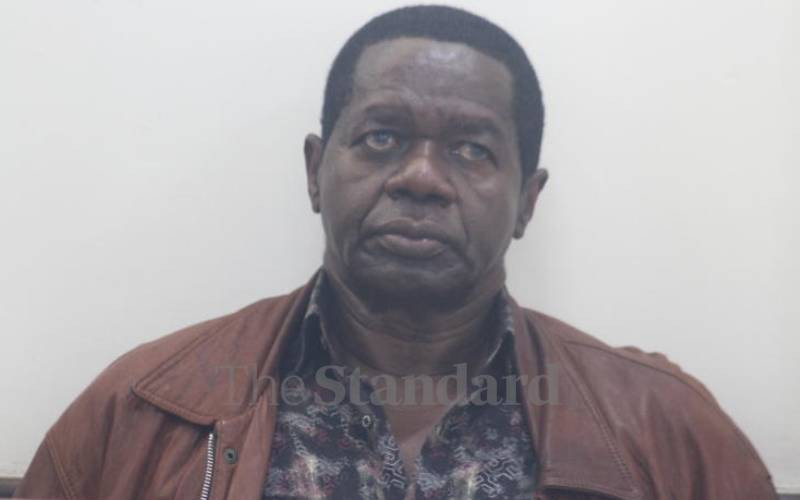×
The Standard e-Paper
Fearless, Trusted News

Former electoral commission chief executive James Oswago has paid the ultimate price for the bungled procurement of equipment worth Sh1.3 billion during the 2013 General Election.
Anti-corruption court chief magistrate Felix Kombo sentenced Oswago and former IEBC deputy commission secretary in charge of support services Wilson Shollei, to four years in jail each for their role that almost cost the integrity of the polls conducted in March.